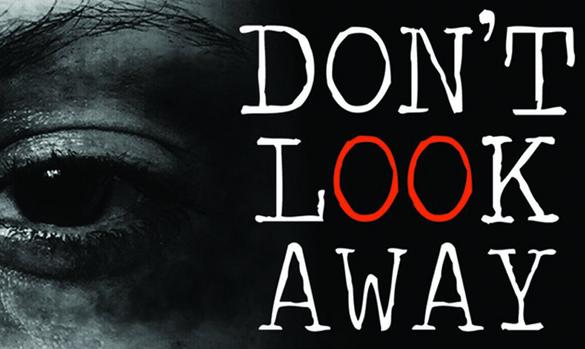The death of a woman at the hands of her former lover is played out repeatedly in a dark new take on a classic opera in Madrid that seeks to leave audiences questioning their own attitudes to gender violence.
In “Marie”, award-winning Spanish playwright Lola Blasco recasts an unfinished 19th-century story that inspired the avant-garde opera “Wozzeck” by Austrian composer Alban Berg, first staged nearly a century ago.
While Wozzeck centres on the eponymous protagonist, a poverty-stricken soldier plagued by daily humiliations who kills Marie, the mother of his child, because she has been unfaithful, Blasco’s version gives Marie the central role.
“Traditionally Marie was just another object in the downfall of Wozzeck. Her character is only seen from his perspective, which seems so unjust. I wanted to give her a new voice,” Blasco told the Thomson Reuters Foundation.

Performers on stage in the opera ‘Marie’. Madrid, Spain. January 7 2021. Thomson Reuters Foundation/Handout by: Javier del Real | Teatro Real
A co-production between Madrid’s Teatro Real opera house and the smaller Teatro de La Abadia, where performances are being staged from Jan. 9-17, Blasco said she hoped the work makes people think more critically about gender violence in Spain.
She described Marie as a “symbol” of all the women who have died due to gender violence and whose stories are then told by others, with more attention often given to the perpetrator than the victim.
“Every day we have cases of women killed,” Blasco added. “There are so many deaths that people just normalise it. A work of art permits us to reflect.”
Set to music by Spanish composer German Alonso, Marie’s death at the hands of Wozzeck is re-enacted three times during the opera and examined from different characters’ perspectives.
A mixture of sung and spoken dialogue is accompanied by a discordant live musical performance and the action takes place around a giant mirrored crucifix.
Spain was a pioneer in introducing gender-targeted violence legislation and the government keeps a widely reported public tally of women who have been killed by partners or ex-partners.
The toll stands at 1,078 since the record began in 2003, with 45 women killed in 2020.
Rights advocates say there is still a pressing need to raise more awareness of the issue.
“Anything that makes the problem more visible helps and is important, whether it’s through artworks, theatre productions or television,” said Carmen Benito, president of NGO Mujeres Unidas Contra el Matrato (Women United Against Abuse).
“We still have a long way to go.”

